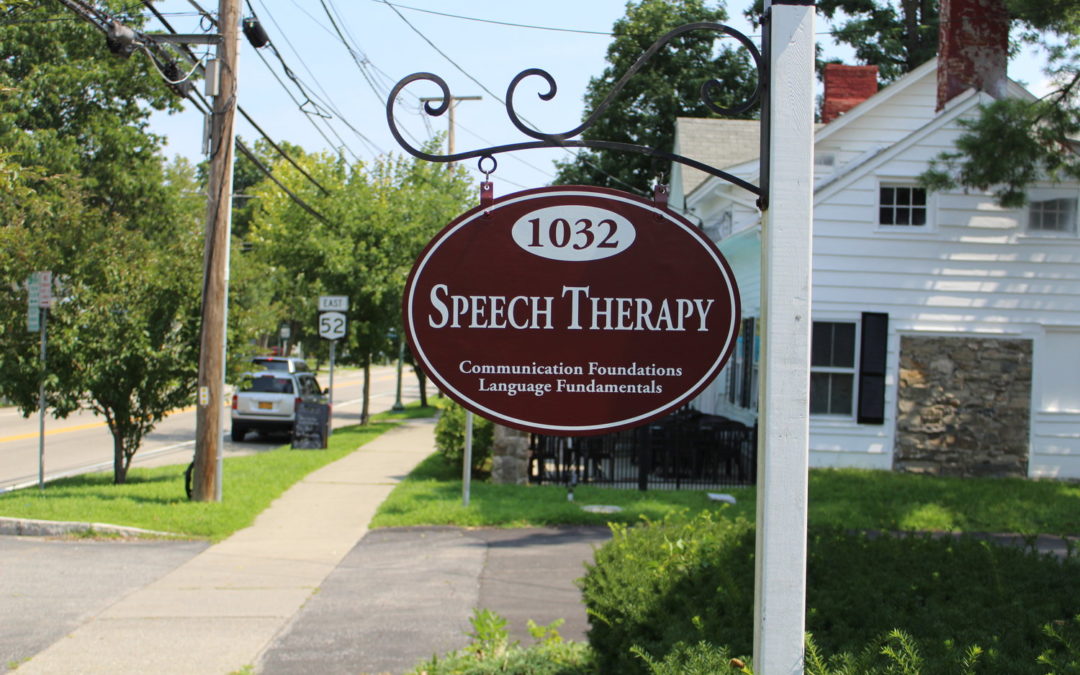Skilled Nursing Facilities across the country are facing a multitude of unique challenges from that of any other industry. I could list them all, but that would probably cover more than an entire article. Administrators and Operators are being challenged to “do more with less” to run a business. By and large, top-line revenue is highly dependent on patient volume and payor mix.
Already razor-thin margins are impacted by survey issues, Medicaid shortfalls, and a multitude of State and Federal regulations are pushing many buildings to the brink. Meanwhile, most Nursing Home Administrators will place staffing issues & turnover somewhere in their top 3 headaches. Savvy operators will look at which departments could potentially be outsourced to provide maximum return on investment while reducing operating expenses.
The departments that are most often outsourced are:
- Housekeeping & Laundry
- Dietary
- Rehabilitation
Outsourcing the entire rehabilitation department is an enormous operational decision. In many buildings, it can be a great decision by choosing the right rehab partner for your organization and culture. Other times, it isn’t the right fit. Amongst the many factors that go into this decision include, staffing, payor mix, volume, geography, leadership, culture, training, expertise, and more. Have you ever drilled down on the advantages of outsourcing just Speech Therapy?
Sometimes, a great Administrator will say to me “I already have 2 speech therapists, so I am all set.” Well, let’s hold the phone right there and dig into the ways to make a functioning speech therapy department into a great one.
- Finding the Right Speech Therapist – Let’s face it speech therapists aren’t easy to find, and not all of them want to work with a post-acute care population. In order to excel in today’s SNF, your Speech Therapist must excel at treating dysphagia, speech-language deficits, and cognitive impairment. If not, you might be missing opportunities to improve patient care and capture reimbursement.
- Providing Education and Oversight – PT, OT and Speech come from different backgrounds and bring different perspectives. Buildings typically have multiple PTs and OTs in the building to be a resource to one another and also develop programs. Often, Speech is flying solo and has few resources available to talk about challenging cases or get the billing & regulatory updates needed. Having the “lifeline” they need will help them case manage and improve overall patient care.
- Also, having speech documentation reviewed by another speech therapist will help to ensure that documentation supports billing, especially when dealing with multiple payors (Medicare, Medicare Advantage, Medicaid, etc.) Productivity – Yes, the dreaded “P” word. How do you measure productivity for Speech? It’s different than for PT / OT. The average caseload for a Speech Therapist should be around 12-15. If it’s less, you might have an efficiency issue. If it’s more, consider looking into what services might be missing.
- Backup and Coverage – Isn’t it difficult when you are without speech therapy because it’s time for vacation? Sometimes a couple of hours of per diem help doesn’t cut it when that per diem speech therapist doesn’t know your building or has minimal experience with medical speech pathology. A seamless system of backup and coverage needs to be in place to maintain the caseload.
We’d love to be a resource if you have questions. If you have any thoughts, ideas, or questions, I’d love to hear from you!




Hello There. I found your blog using msn. This is a really well written article. I will make sure to bookmark it and come back to read more of your useful information. Thanks for the post. I’ll certainly return.
I haven’t checked in here for a while as I thought it was getting boring, but the last few posts are great quality so I guess I’ll add you back to my daily bloglist. You deserve it my friend 🙂
Merely wanna input on few general things, The website style and design is perfect, the articles is rattling excellent. “We can only learn to love by loving.” by Iris Murdoch.